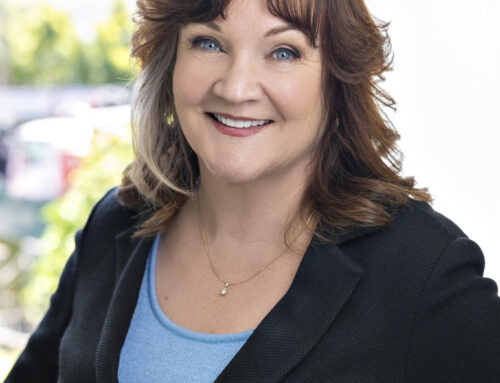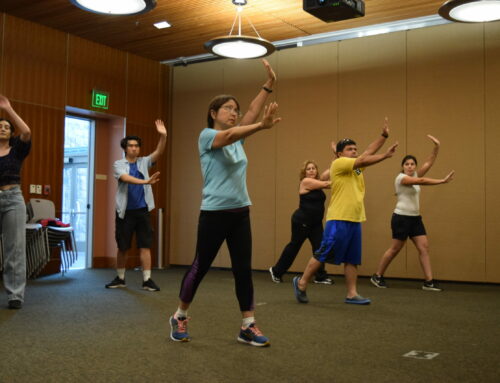Comprehensive report will analyze social issues contributing to minorities’ health issues

County Seal
By Kaylee Arca
As requests for diabetes care, mental health services and other health needs skyrocket among Latino and Hispanic residents, the county’s Public Health Department will begin a year-long project to gather data to better address the challenges to this community

The comprehensive health assessment is expected to be released in spring 2024. With community engagement, its comprehensive data will help health policy makers provide better recommendations to elected officials to take action to better serve Latino residents in the county.
“The COVID-19 pandemic revealed for us some of the unique factors that affect our Latinx community members, which further highlighted why it’s so important that we better understand key health issues impacting the Latinx community,” said Dr. Sarah Rudman, deputy health officer at the Public Health Department, in a press release.
Especially at risk are Latino residents with financial challenges that make it hard for them to pay to treat health issues. Gardner Health Services serves more than 46,000 patients within their network of health clinics and 70 percent are Latinos.
Ninety percent of Gardner Family Health Network’s patients in the county are in 150 percent of poverty, which is defined as a family of four making $45,000 a year, said CEO Reymundo Espinoza. This means they must make hard choices between healthcare, food, transportation and housing.
The last assessment was completed in 2012. Since then, the county has seen continued substantial increases in chronic disease rates, a greater understanding of the consequences of environmental health factors, a rapid growth in homelessness, housing insecurity, reports of sexual assault, displacement, and a pandemic that has had a well-documented impact on the Latino community in particular.
“A new health assessment could result in innovative and effective policy recommendations for how the county can work in strong partnership with safety-net providers regarding the root causes of identified health issues,” said Dolores Alvarado, CEO of Community Health Partnership, in a press release.
The proposal for the study was introduced by Supervisor Sylvia Arenas.
“Many of you are aware of the acute challenges our Latino community has faced long before COVID-19,” she said. “I know how it affects the Latino community when they don’t have access to preventative care and quality care.”
The assessments will analyze health and social challenges in two phases:
- Phase One will examine the social problems and health and social issues, how systems shift and respond to the needs of Latinos, and the strategies used to get to the root of the causes.
- Phase Two will measure data conducted by the Public Health Department. Participants will include community stakeholders, experts and community members.
South Valley residents questioned why updating Latino health assessments had been delayed for more than a decade. The community is disproportionately impacted by poor health.
“Representation matters when you go to South County and you see a lot of Latino persons,” Alan Kamara told the supervisors. “Today, minority communities can be happy that we have a Board of Supervisors that will address our issues.”
Gilroy City Councilmember Rebeca Armendariz offered her “full-hearted support” for the proposal.
“In South County we lead on some of the most unfortunate statistics, despite our beautiful community and all the positive things about our community,” she said. “We still have among the highest teen pregnancy rates, arrests of teenagers, chronic illness and disease. So I really appreciate this referral and its focus on health, in particular, the full scope of including racial and social inequality, and everything it encompasses, including the focus on prevention and solutions.”
Kaylee Arca is a freelance reporter. Morgan Hill Life publisher Marty Cheek contributed to this story.






